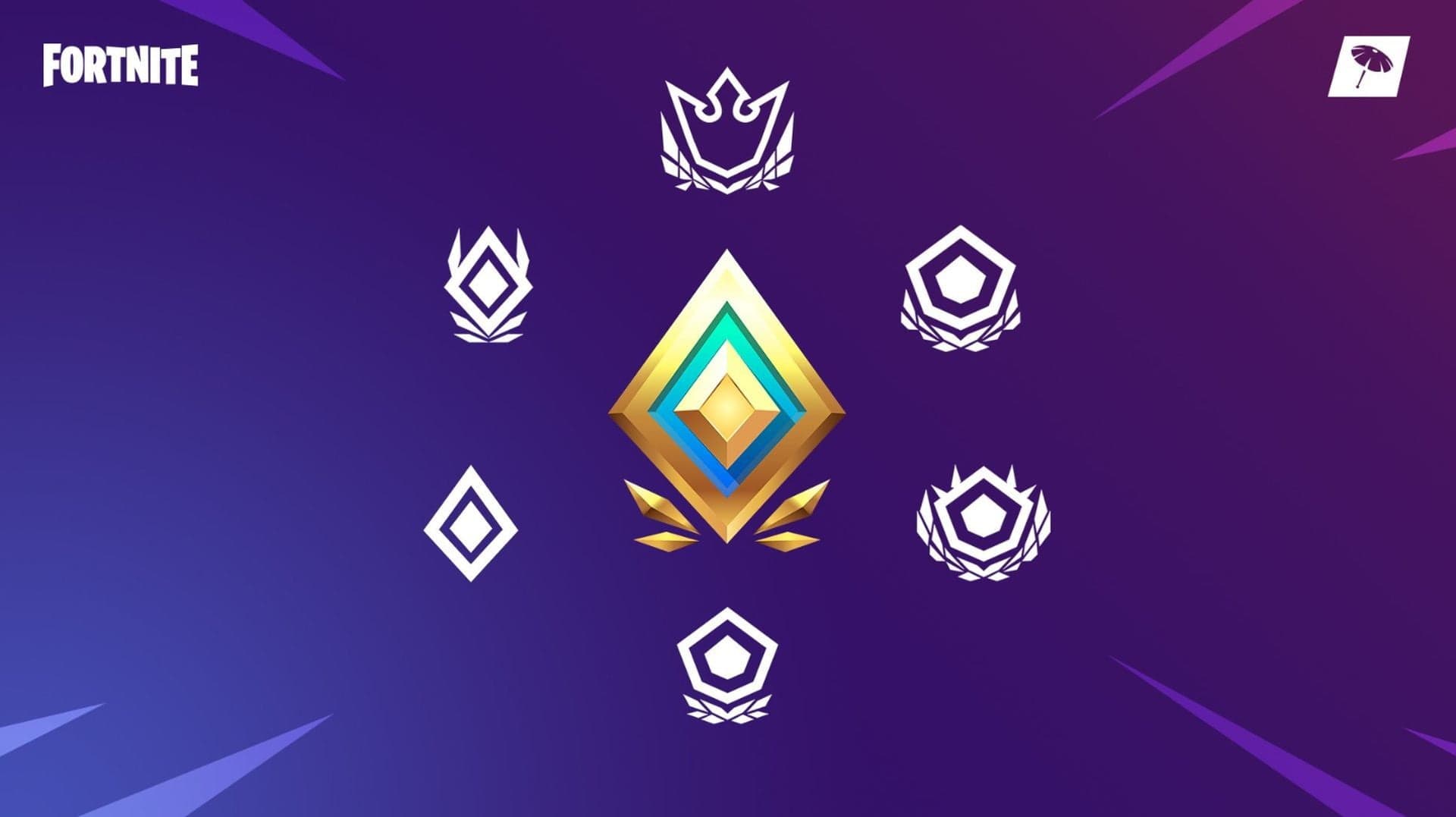
What can you boost for your Fortnite account
Unlock Elite Gaming: Transform Your Skills with Game Boosting
Level Up Faster: Unlock Gaming Success with Professional Boosting
Navigating Safe Game Boosting Services: Tips for Gamers in 2024
Unlocking Success: Ethical Game Boosting for Competitive Gamers
Game Boosting: A Lifeline for Time-Strapped Gamers
Mastering Game Boosting: Secure Strategies for Ultimate Success
Summary – 1 Minute Read.
Game boosting, where players hire skilled individuals to enhance their in-game performance, raises ethical concerns about fairness and sportsmanship in competitive gaming. Critics argue that it undermines the integrity of games by allowing players to bypass skill development, potentially skewing competition and disrupting the intended player progression designed by developers. The practice can also erode trust within gaming communities by creating disparities between genuine achievements and those acquired through external assistance. Opinions on whether game boosting constitutes cheating vary widely among gamers, with some viewing it as harmless for casual enjoyment and others seeing it as a violation of fair play principles.
In the world of online gaming, the concept of game boosting has sparked considerable debate. As players strive to achieve higher ranks and unlock exclusive content, many turn to game boosting services. But this raises an important ethical question: Is game boosting cheating?
Game boosting involves hiring a skilled player or service to enhance your in-game performance, often leading to rapid progression through levels or ranks. While some argue that it’s merely a service like any other, others believe it undermines the integrity of competitive gaming.
The Ethical Dilemma
At its core, the ethical concerns surrounding game boosting revolve around fairness and sportsmanship. In competitive games, players are expected to earn their achievements through skill and dedication. When someone uses a booster, they bypass this process, potentially gaining an unfair advantage over others who have worked hard for their status.
Moreover, game developers design these systems with specific intentions for player progression. By using game boosting services, players may disrupt the intended experience and balance of the game. This not only impacts individual enjoyment but can also skew competition at higher levels where boosted accounts compete against genuinely skilled players.
Community Impact
The community aspect is another critical factor in this discussion. Online games thrive on vibrant communities where players engage with each other based on mutual respect and shared experiences. Game boosting can erode trust within these communities as it creates disparities between genuine achievements and those acquired through external assistance.
It’s worth noting that not all forms of assistance are viewed negatively in gaming communities. For instance, strategies or guides shared among peers are generally accepted as part of collaborative learning. However, when it comes to paid services like game boosting, the lines between fair play and cheating become blurred.
Understanding the nuances of what constitutes fair play is essential for maintaining integrity within gaming communities.
Perspectives from Players
Opinions among gamers vary widely regarding whether game boosting should be considered cheating. Some view it as a harmless way for casual players to enjoy content they otherwise wouldn’t have time to reach due to real-life commitments. Others see it as a direct violation of unwritten rules that govern fair competition in games.
Interestingly, parallels can be drawn between debates on THCa utilization in different contexts—where legality and ethics often intersect—highlighting how complex such discussions can become when personal values come into play.
Ultimately, whether game boosting is deemed cheating depends largely on individual perspectives and community norms within each specific gaming environment. As long as there remains a demand for faster progression without investing personal effort or time into honing skills naturally through gameplay itself—these ethical debates will likely continue shaping conversations around digital sportsmanship globally.
Q: What is game boosting?
A: Hiring skilled players to enhance in-game performance.
Q: Is game boosting considered cheating?
A: Opinions vary, but many see it as unfair.
Q: Why do players use game boosting services?
A: To achieve higher ranks and unlock content quickly.
Q: How does game boosting affect gaming communities?
A: It can erode trust and create achievement disparities.
Q: Are all forms of assistance viewed negatively in gaming?
A: No, strategies or guides are generally accepted.
Q: What ethical concerns arise from game boosting?
A: Fairness, sportsmanship, and integrity in competitive gaming.
IGN: IGN offers a comprehensive look at gaming news and culture, including discussions on the ethics of game boosting.
Polygon: Polygon provides in-depth articles and opinions on various gaming topics, including the impact of game boosting on competitive integrity.
Eurogamer: Eurogamer covers a wide range of gaming topics, with insights into community reactions to game boosting practices.
Kotaku: Kotaku explores the cultural aspects of gaming, often addressing controversial issues like game boosting within its editorial content.
GameSpot: GameSpot features news and commentary on gaming trends, offering perspectives on how game boosting affects player experiences and fairness.
PC Gamer: PC Gamer provides analysis and opinion pieces that delve into the ethical considerations surrounding game boosting in online games.
Game Boosting: A practice in gaming where a player pays a more skilled player to improve their rank or level in the game.
Cheating: Engaging in dishonest practices or breaking rules to gain an unfair advantage in a game or competition.
Smart Strategy: A well-thought-out plan or method designed to achieve a specific goal effectively and efficiently, often involving strategic thinking and decision-making.
5% sale with code
26NS2PW5